The Lowell Family Farm in Buckfield has been awarded the title of Maine’s Dairy Farm of the Year.

The Lowell Family Farm in Buckfield has been named Maine’s Dairy Farm of the Year. Dana Lowell, second from left, and his wife, Seri, operate the dairy farm with their son, Wheeler, far left, and daughter, Maren, right. Daryn Slover/Sun Journal Buy this Photo
The award, given by the New England Green Pastures Committee, honors dairy farms that are outstanding in management of its production as well as financial aspects. A farm from each state in New England is awarded the title.
Dana and Seri Lowell, their two children, Wheeler and Maren, and hired hand Josh Fournier run the farm. According to the Lowells, this was their third time as a finalist for the award but their first time receiving it. They had been through the long process before, but with coronavirus safety measures in place, it was their first time giving a virtual tour of the farm to the committee.
“We were a bit surprised,” Dana Lowell said. “We’re the kind of people who are always looking at what we can do better … to have it recognized by our peers was a really nice feeling.”
The farm spans around 300 acres and is home to a milking herd of about 50 Jersey cows. Their crop fields are used for hay, baleage (which has a higher moisture count than hay) and corn. The Lowells’ day usually starts between 5 and 6 a.m. and ends around 10 p.m. — after a routine night check is completed. Their daily chores include a morning and evening milking, feeding, cleaning and sanitation. There are also chores, like haying and harvesting, that have to be done seasonally, monthly or weekly.
The Lowells emphasized the importance of making sure their day includes time for them as well.
“Our day includes ‘us’ time, too,” Seri said.

Around 50 Jersey cows are being milked twice a day at the Lowell Family Farm in Buckfield. Daryn Slover/Sun Journal Buy this Photo
“The everyday stuff has to be efficient and you can’t wear yourself out on the everyday work,” Dana added.
Jersey cows are known for producing high protein, high fat milk. The Lowells sell their milk product to Agri-mark, a co-op. Their cows are all named, which are themed based on which family the cow belongs to. Some of the family names on the farm are based on children’s authors, candies and letters. Their first cow was a heifer named Bessie, who they found in an Uncle Henry’s ad in 2004.
The Lowells also practice no-till farming — the soil is not disturbed by equipment — and utilize cover crops over the winter. The no-till and cover crop farming methods protect against soil erosion and nutrient loss. This type of climate-change conscious farming also helps increase the amount of carbon the soil can sequester from the air, which decreases greenhouse gases in the atmosphere.
“For us right now, it seems like the superordinate environmental concern is climate change,” Dana said. “We’ve always been environmentally aware and concerned,” Dana said.
Additionally, the farm also uses a composted, bedded pack barn for its cows — a 4- to 7-foot layer of sawdust and hay cover the floor. Through the decomposition process, the cows are provided with comfortable footing and warmth.
The heat radiated by the compost floor plays another role: It protects the herd from harmful bacteria. To properly compost, the floor has to be tilled twice a day to allow for oxygenation, and fresh sawdust has to be added to give the compost more carbon. Later, this compost can also be spread on hay fields. Nitrogen from compost is less prone to washing away in water runoff.

Seri Lowell said that the annual corn harvest each fall is the most hectic, stressful two days of the year on the farm. Daryn Slover/Sun Journal Buy this Photo
The Lowell farm is one of the first farms in Maine to use the composted, bedded pack barn method.
“We’re lifelong learners and we’re always asking ‘what are the best practices for us and the environment,’” Seri said.
Research shows that in the U.S. consuming one gallon of milk results in emitting 17.6 pounds of carbon dioxide equivalent. That carbon-cost of dairy is slowly going down over time, according to a new study recently published in the Journal of Dairy Science which estimates that a California dairy cow produces 50% less greenhouse gas emissions than it did 50 years ago. The study attributes this decrease to better agricultural efficiency and breeding.
To Dana, the most rewarding part of farming is having green, healthy fields and happy cows. He said that the feeling that you have a healthy system is rewarding.
“The green fields translate into happy cows,” Dana said. “So all winter you walk in the barn you see your cows eating and eating well and producing well and being healthy, you know you’re doing something right … just feeling like you have a fairly healthy system at work, you know the field work complimenting the barn work.”
“And they’re eating that feed you put up last summer,” Seri added.
Seri, who said she had never planned on being a farmer, likes being a food producer.
“I don’t know that I could live with myself if the main label I put on myself was consumer,” Seri said. “I really like that we’re making food and doing something with this land that is feeding people.”
Send questions/comments to the editors.

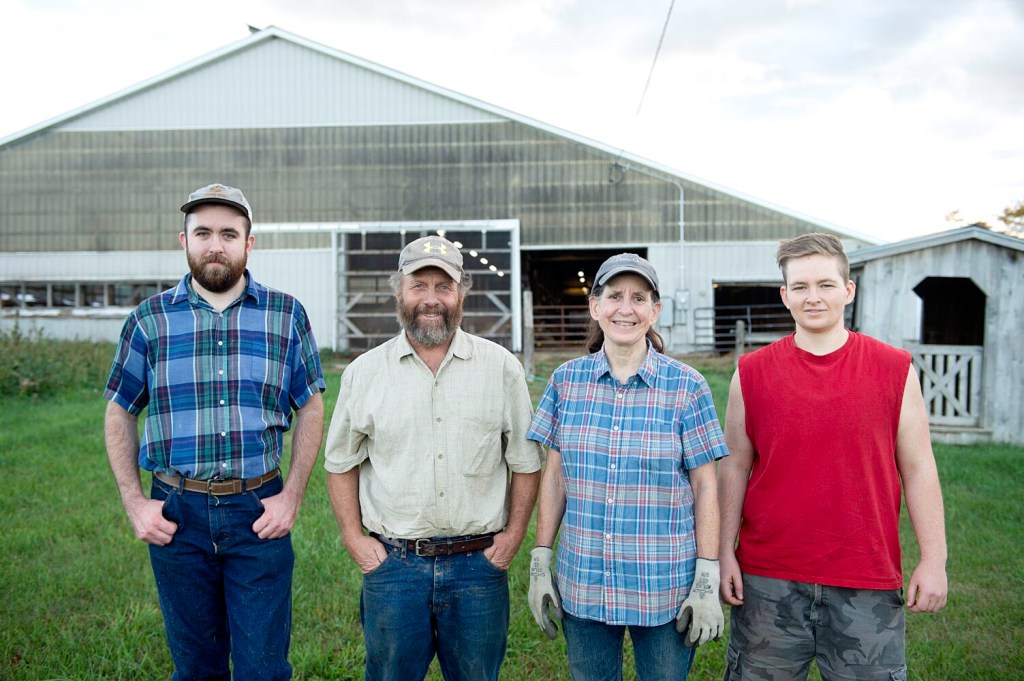
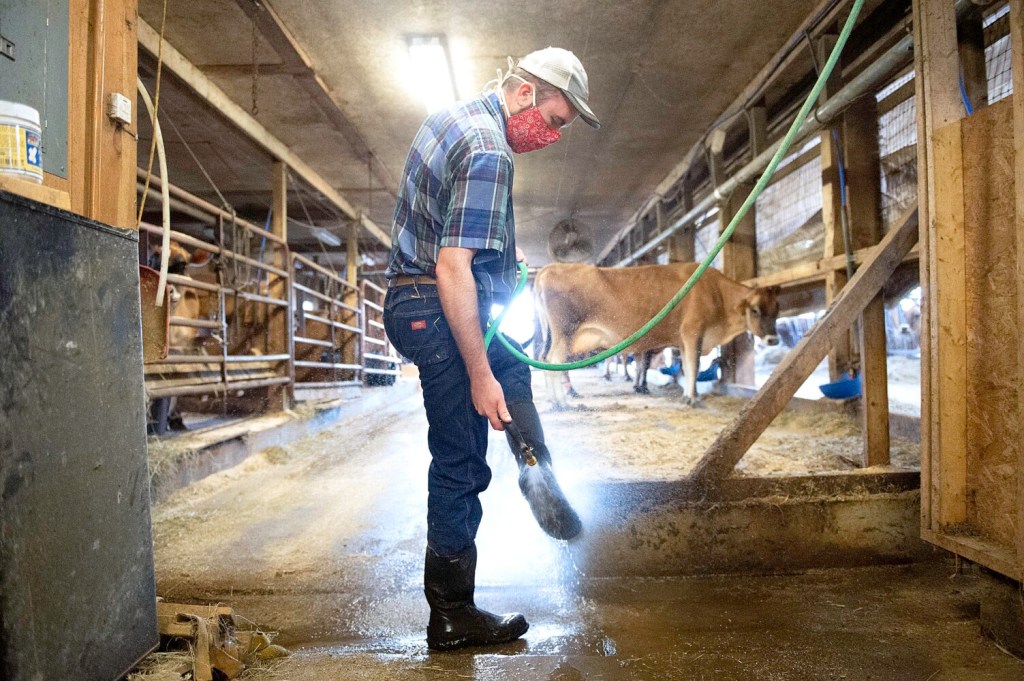
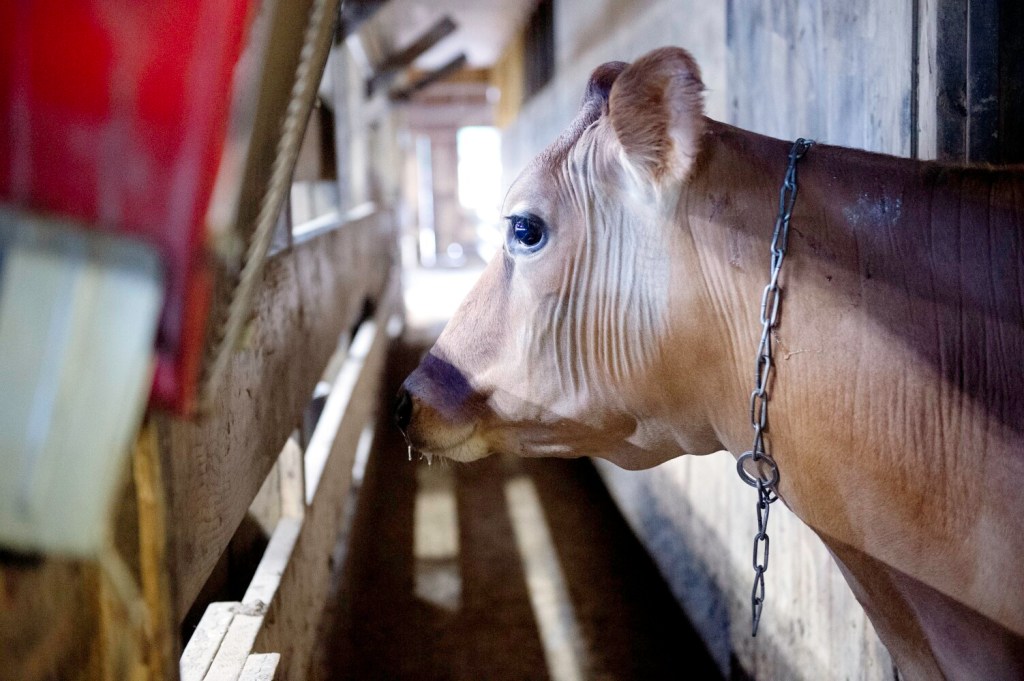
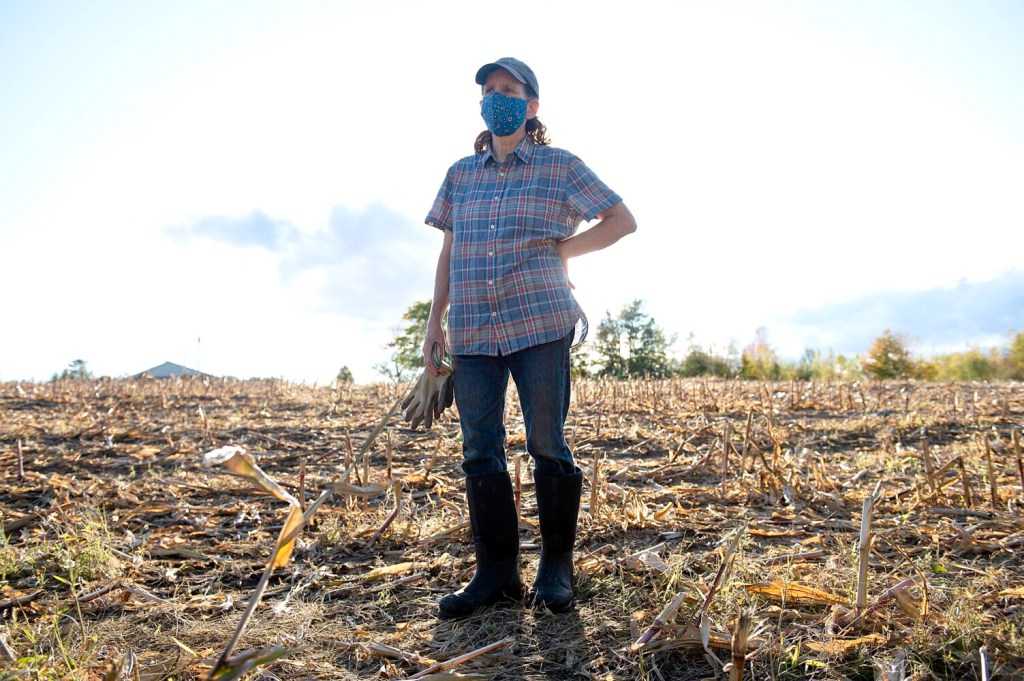
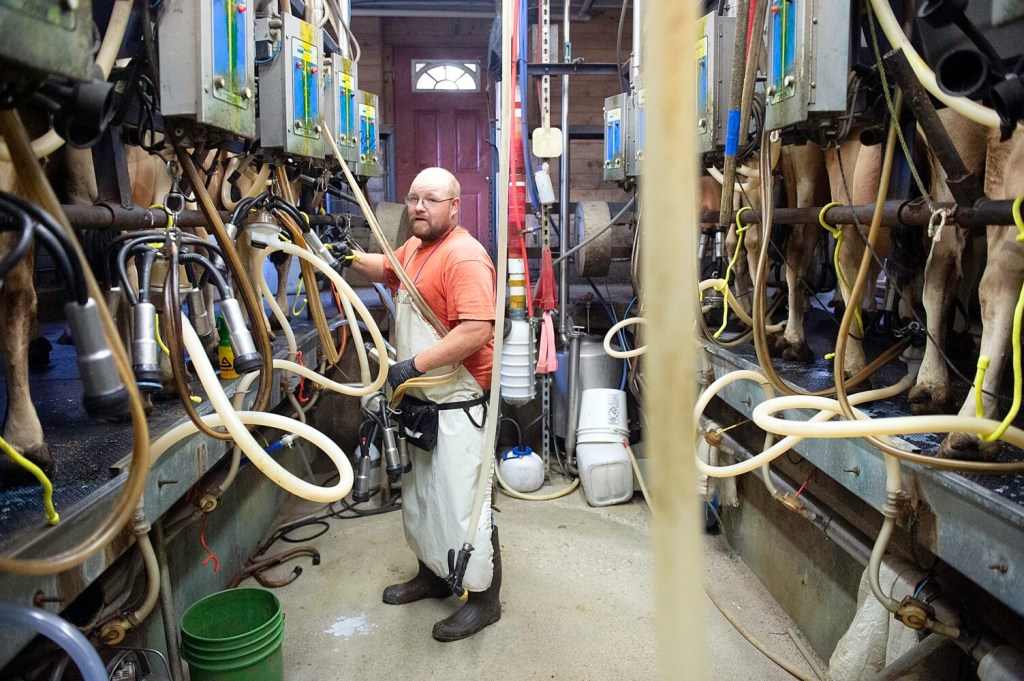
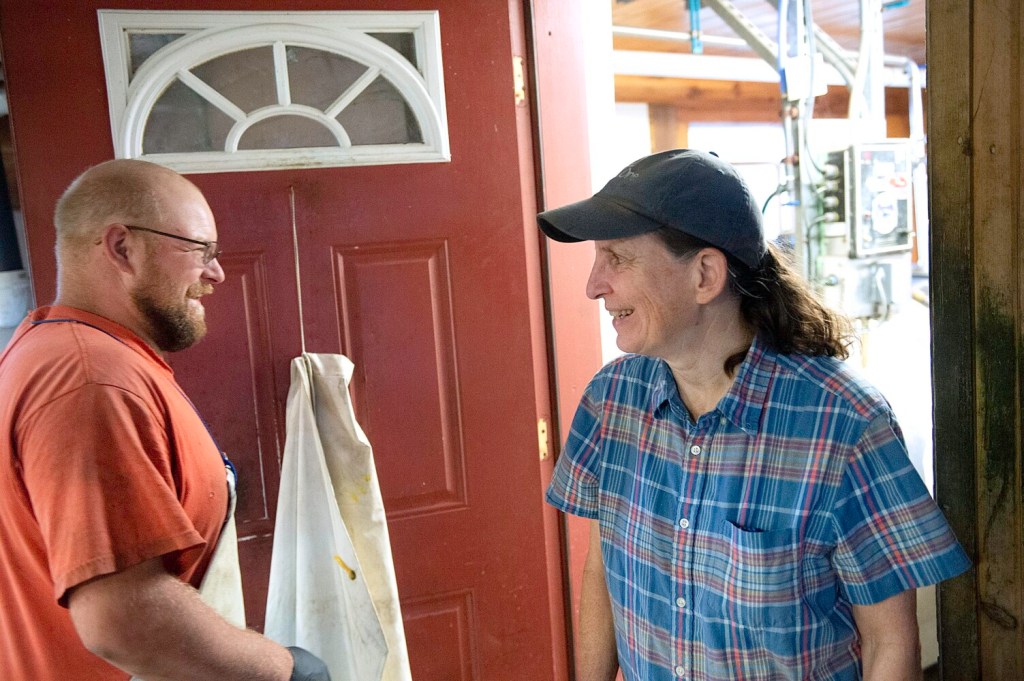
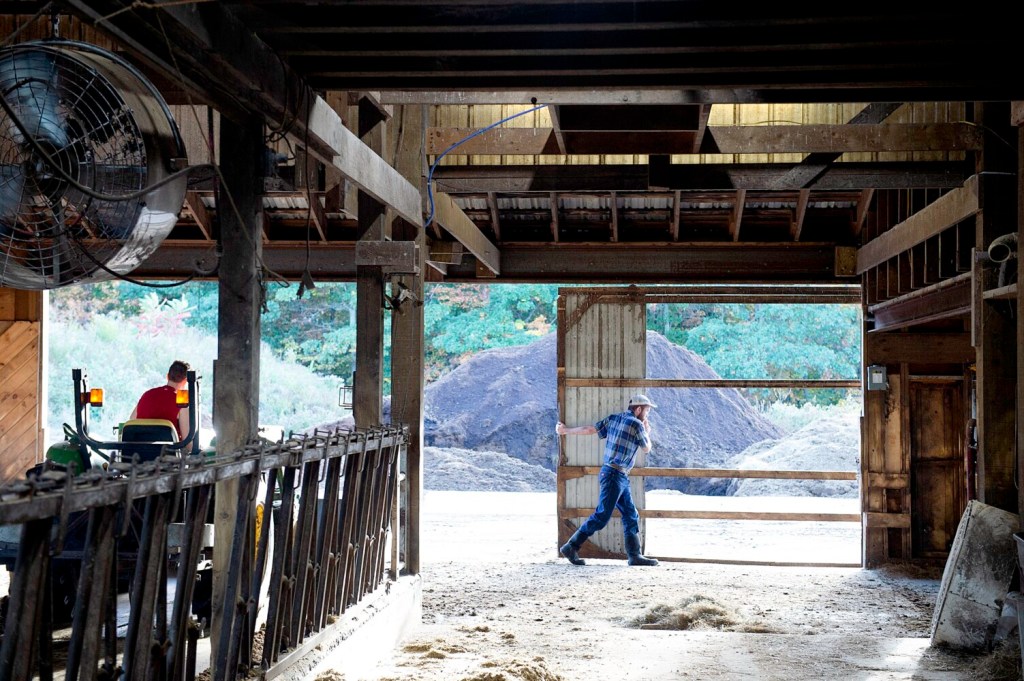
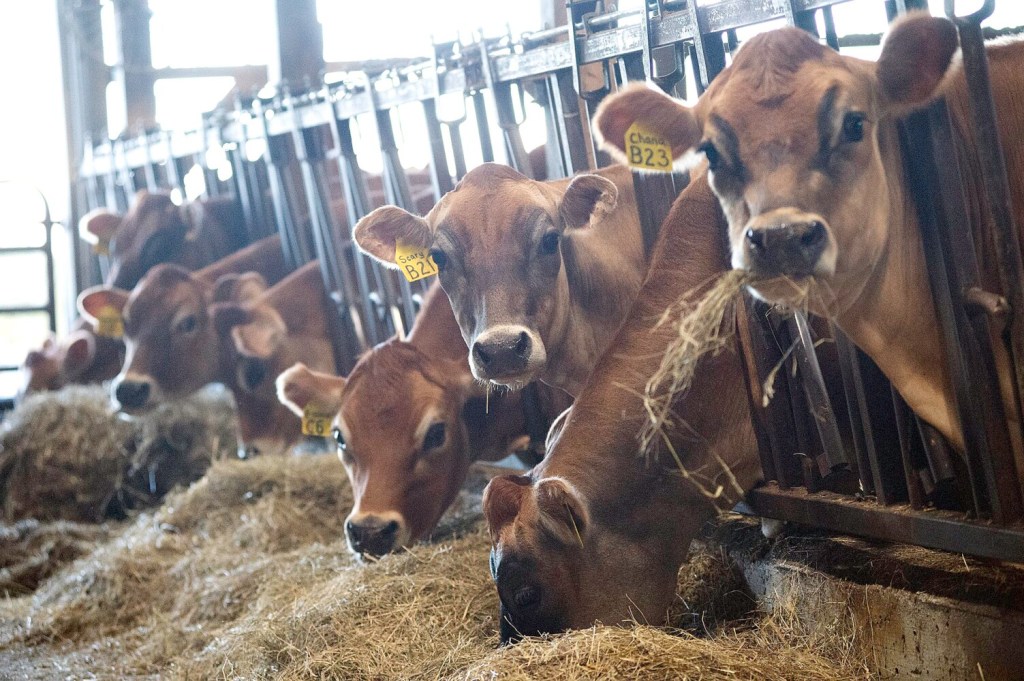
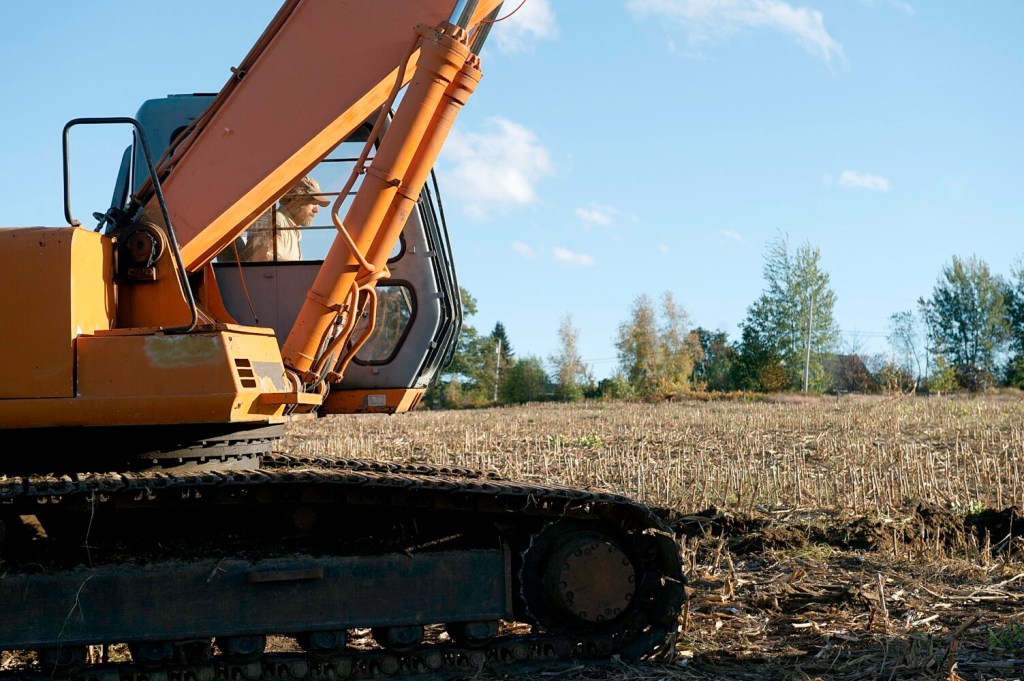

Success. Please wait for the page to reload. If the page does not reload within 5 seconds, please refresh the page.
Enter your email and password to access comments.
Hi, to comment on stories you must . This profile is in addition to your subscription and website login.
Already have a commenting profile? .
Invalid username/password.
Please check your email to confirm and complete your registration.
Only subscribers are eligible to post comments. Please subscribe or login first for digital access. Here’s why.
Use the form below to reset your password. When you've submitted your account email, we will send an email with a reset code.